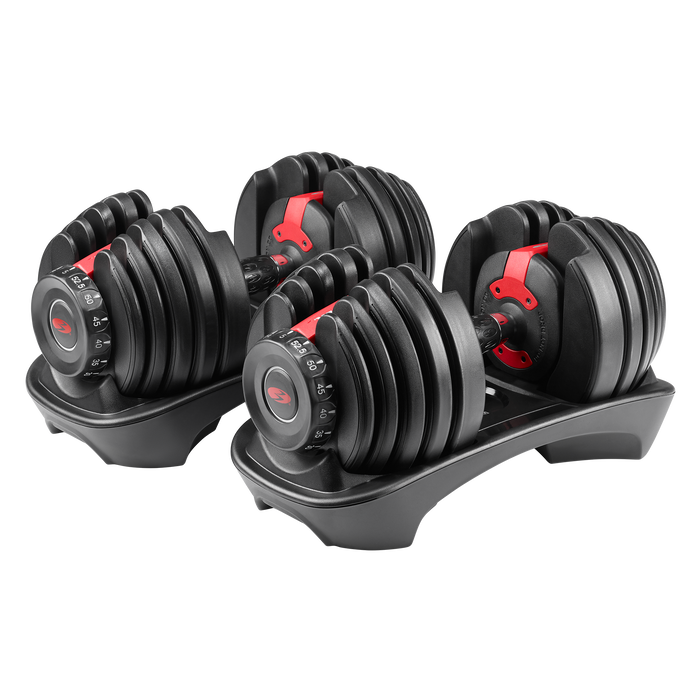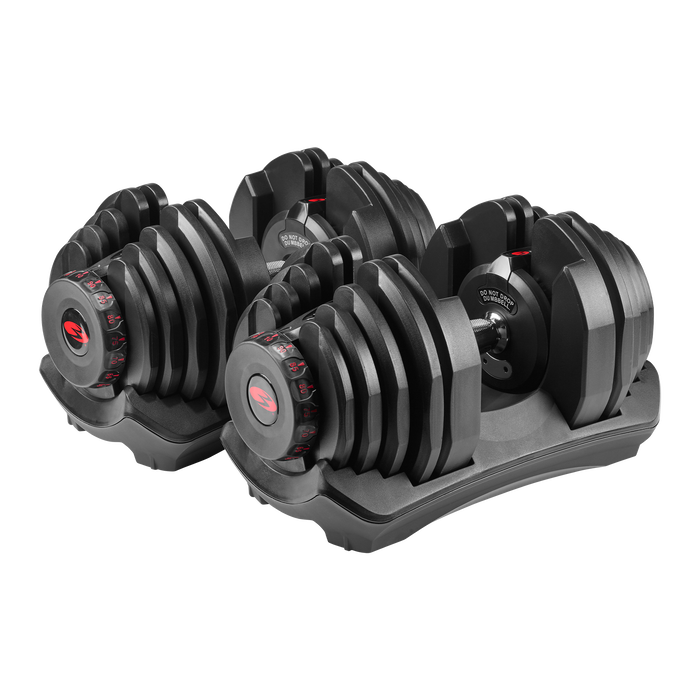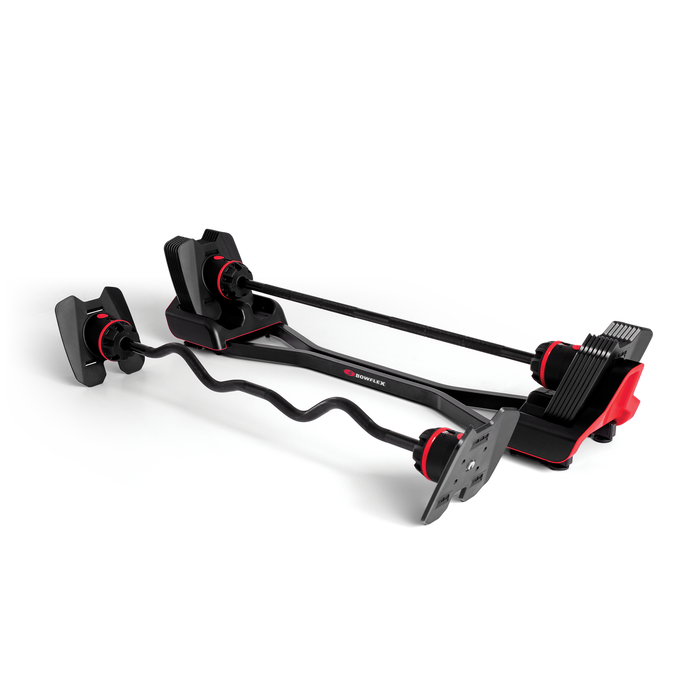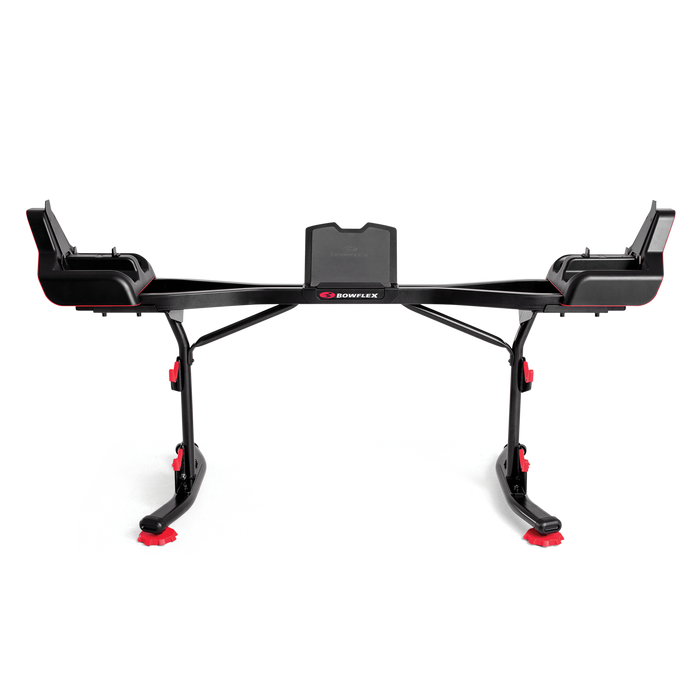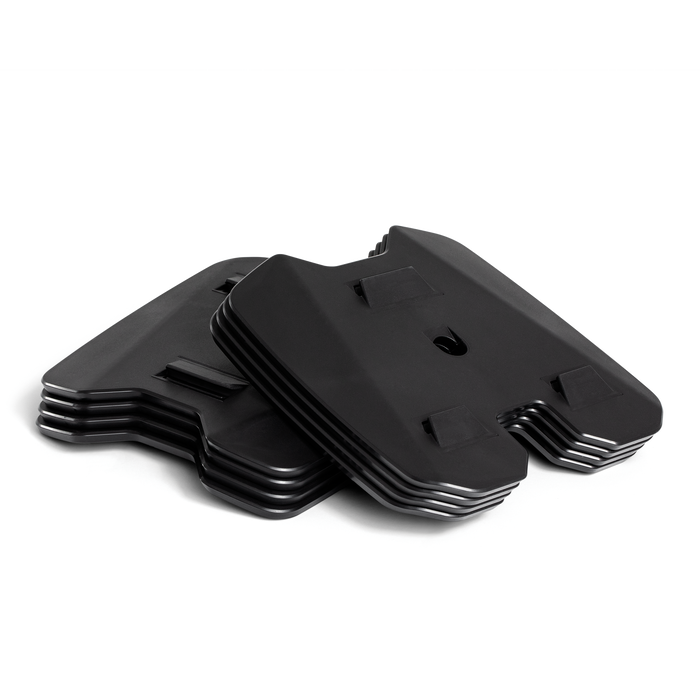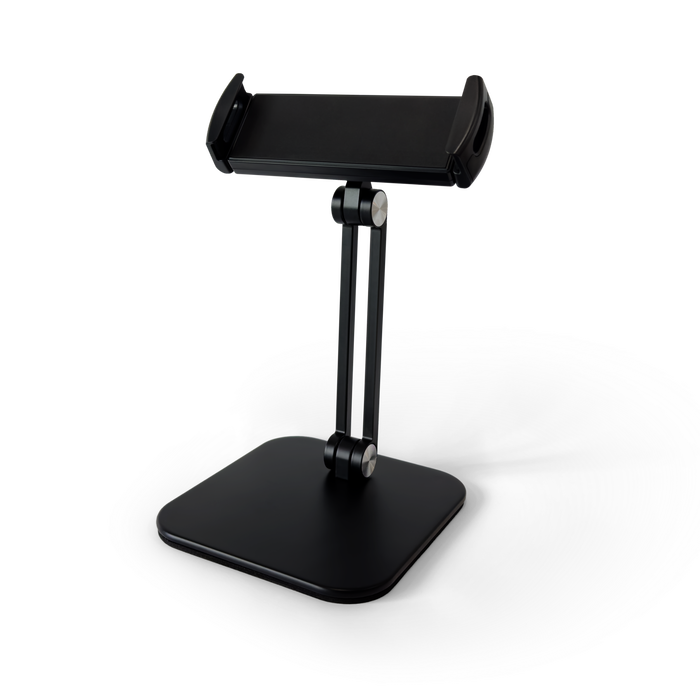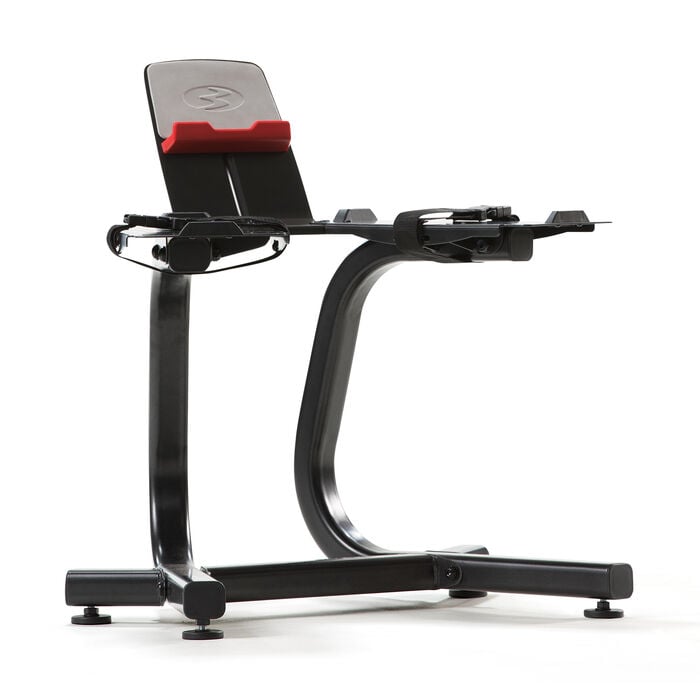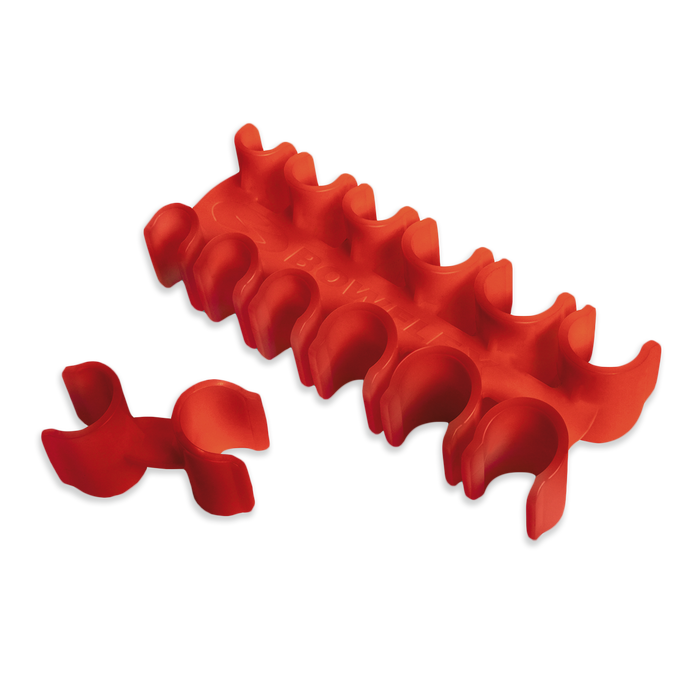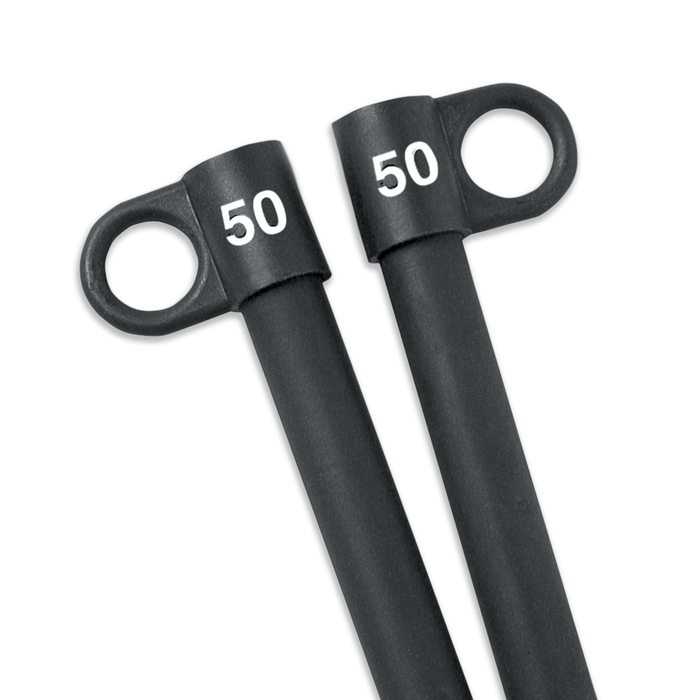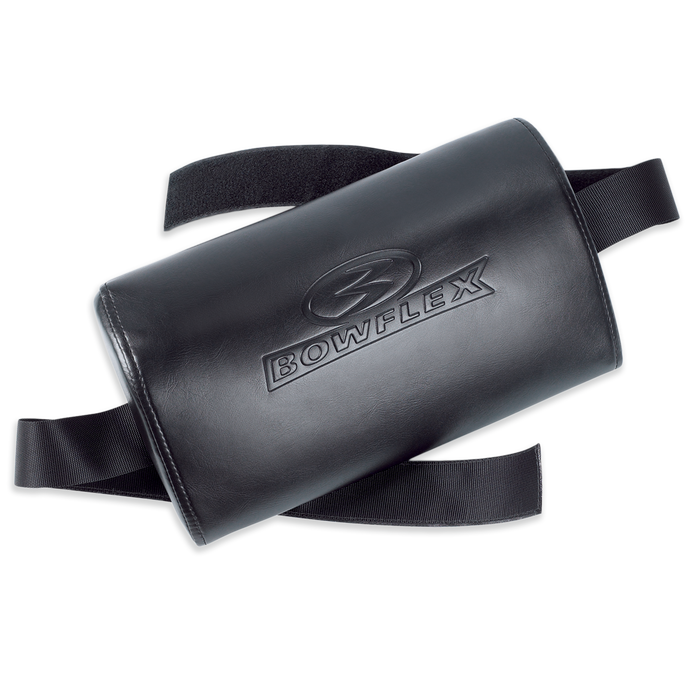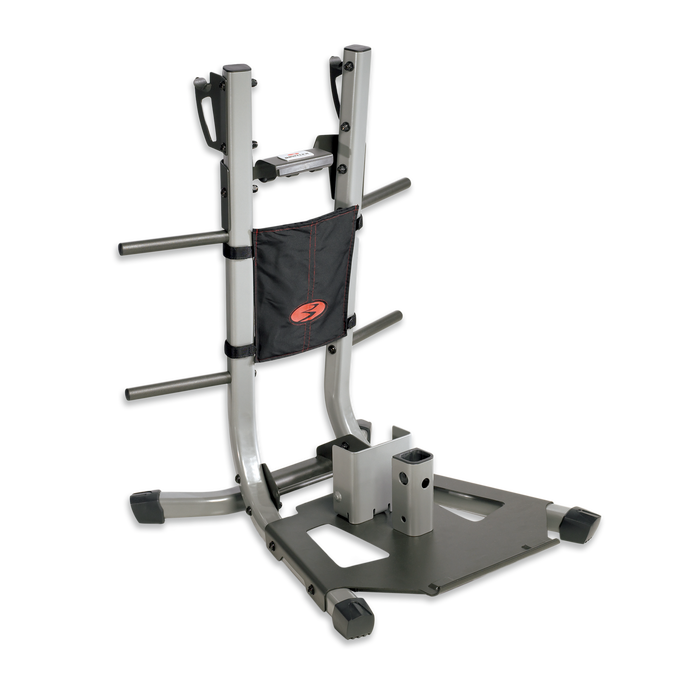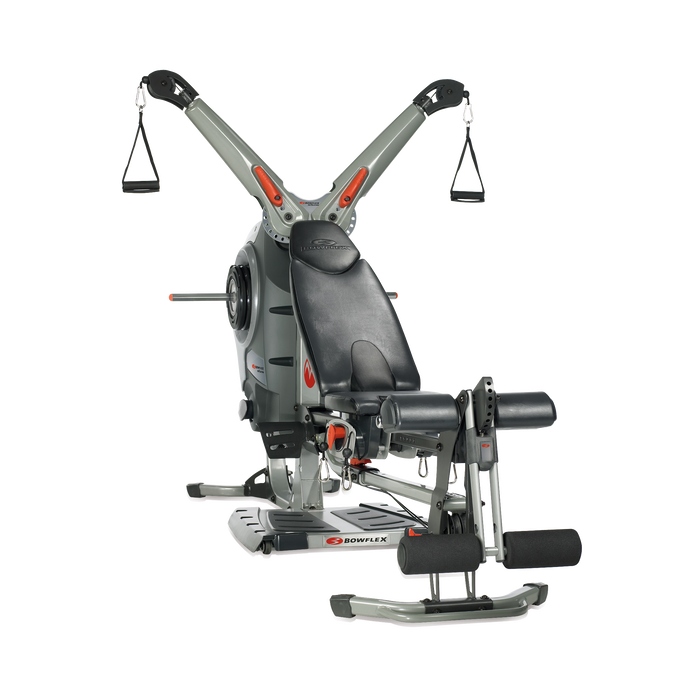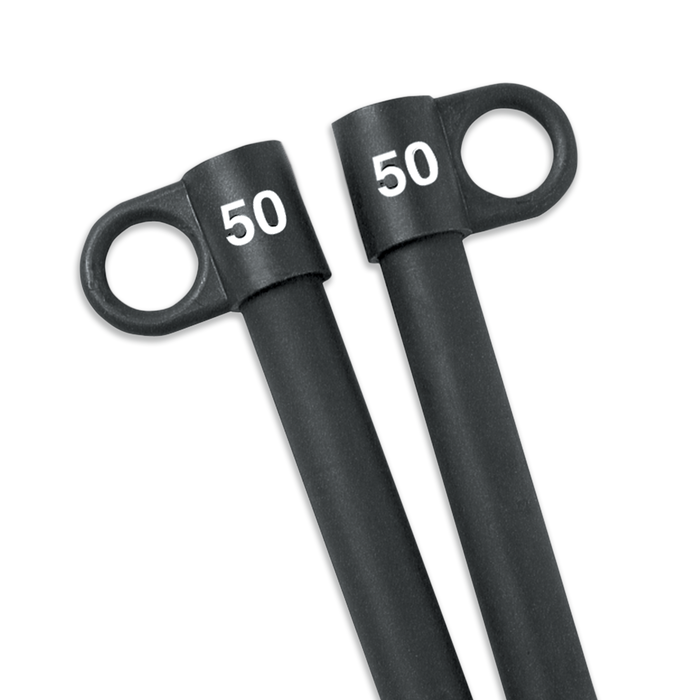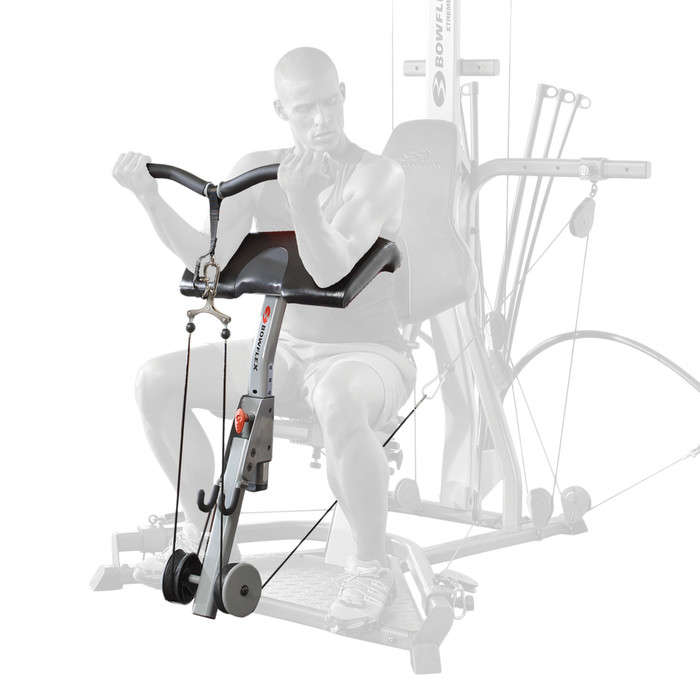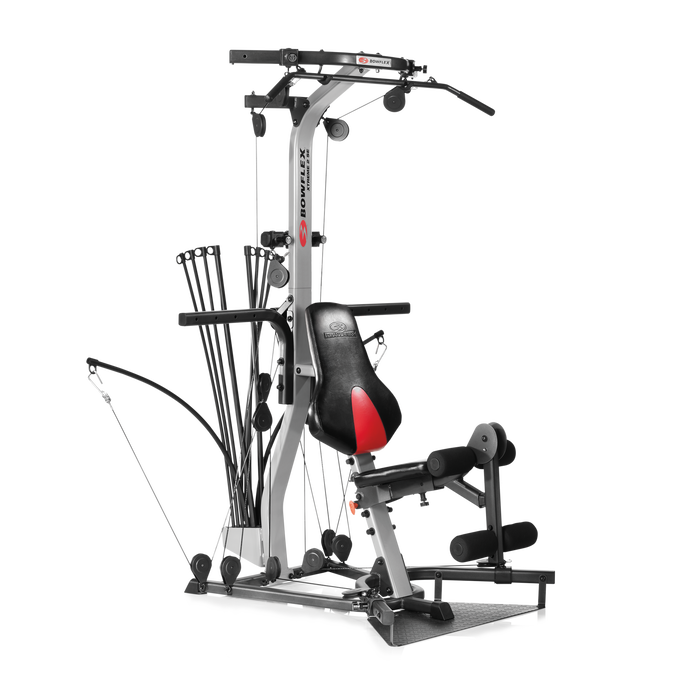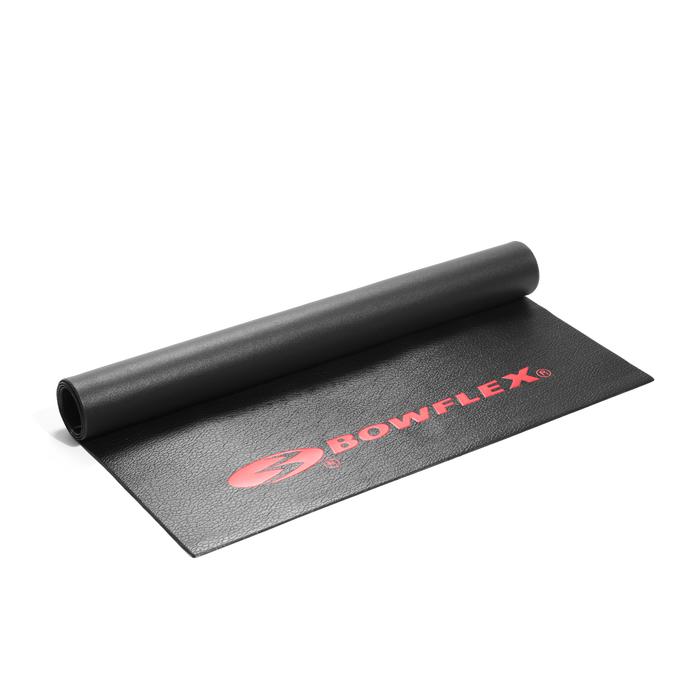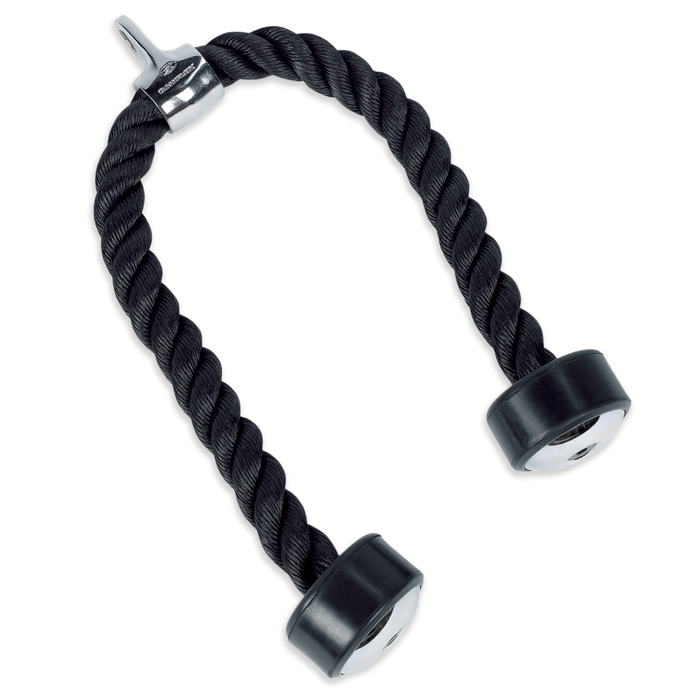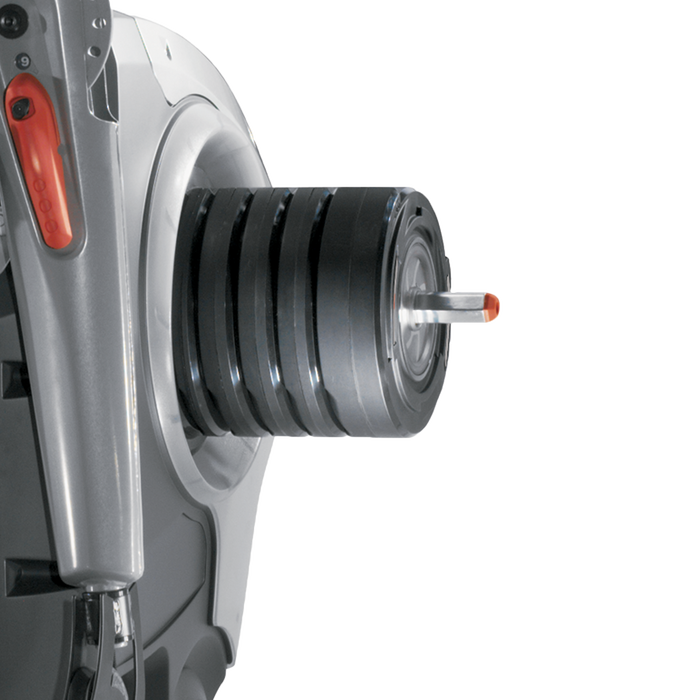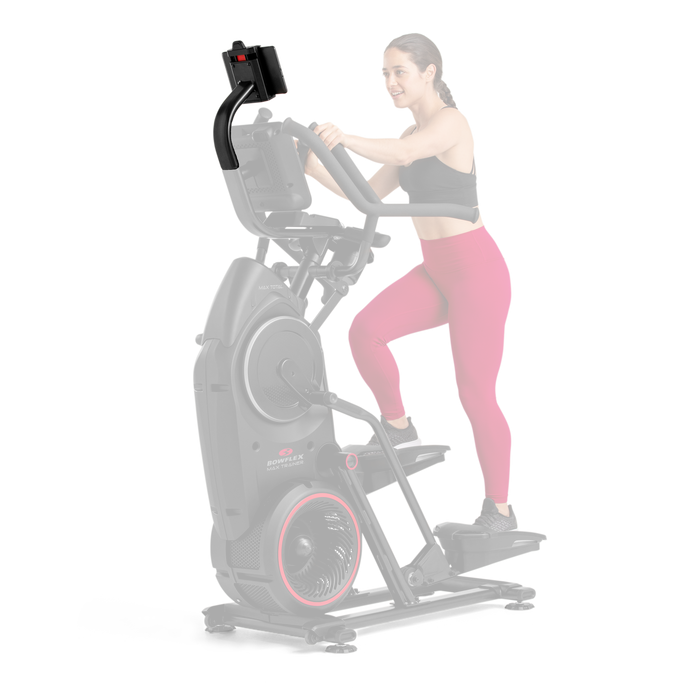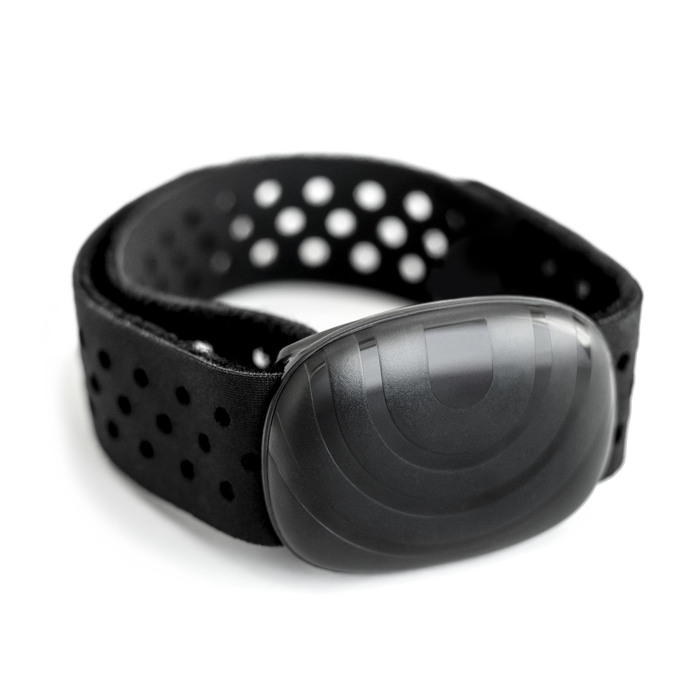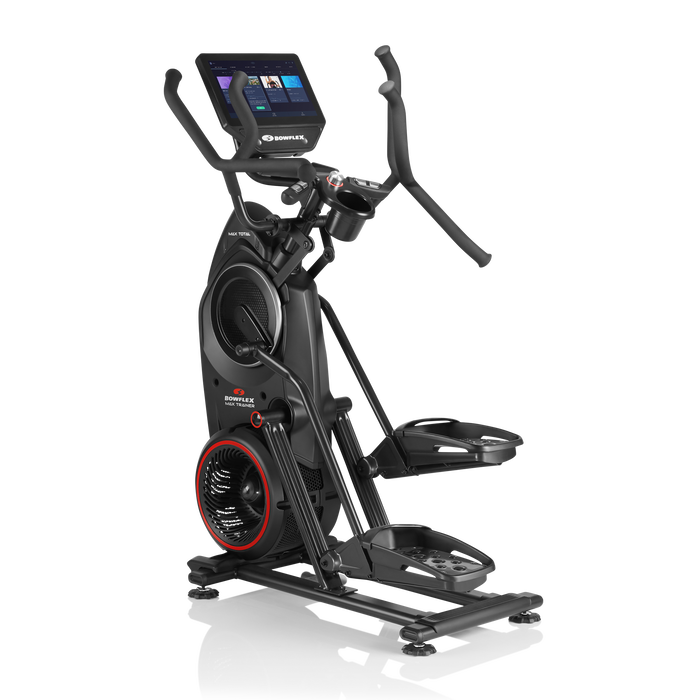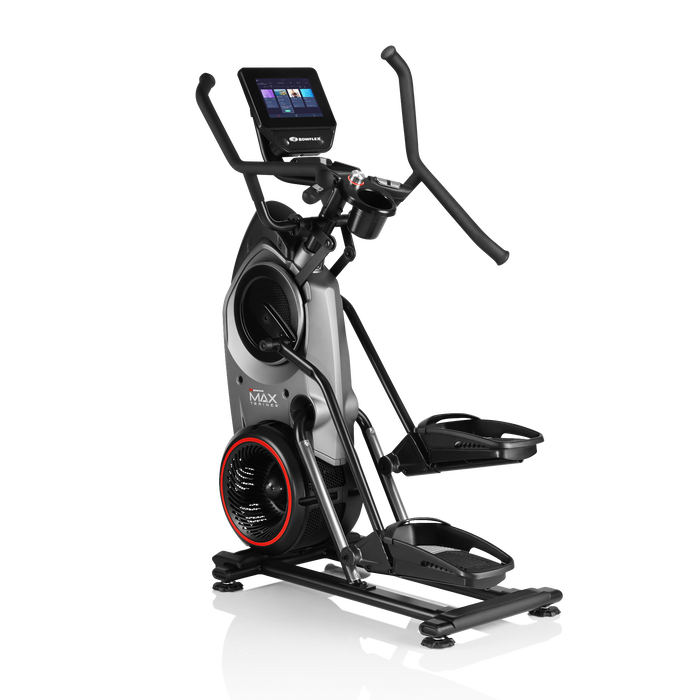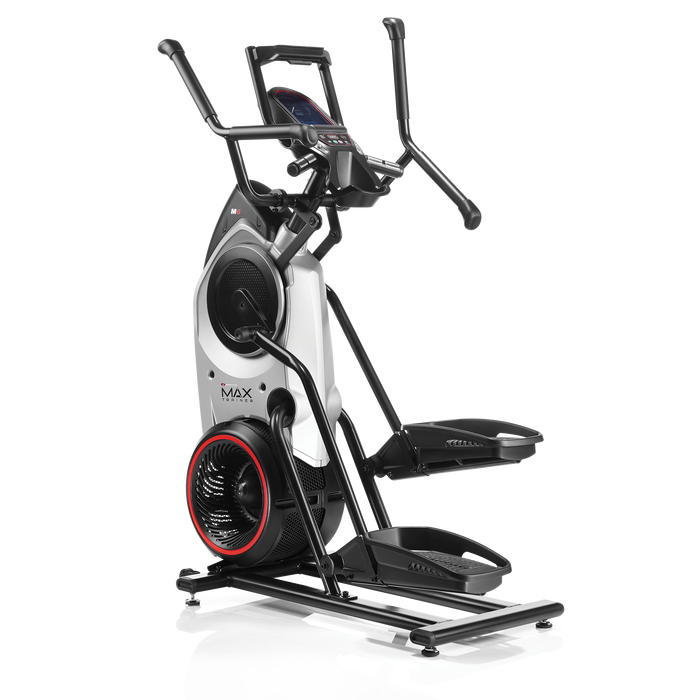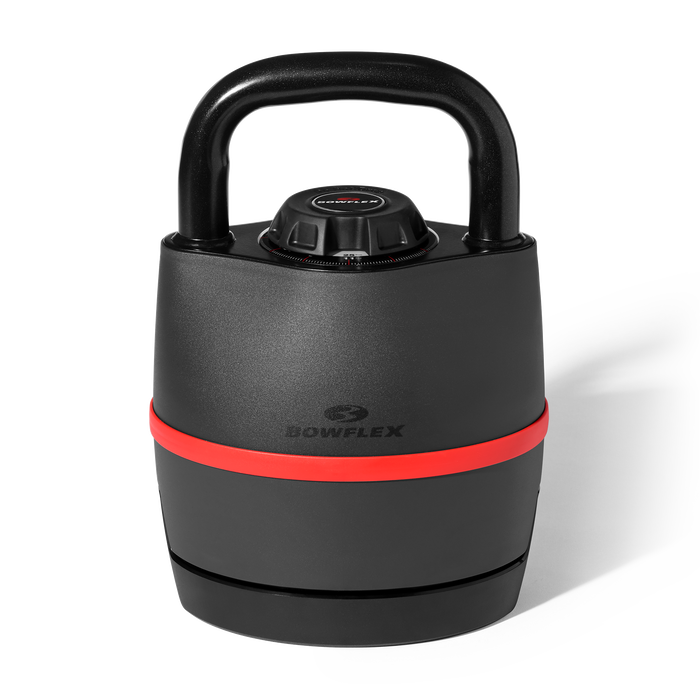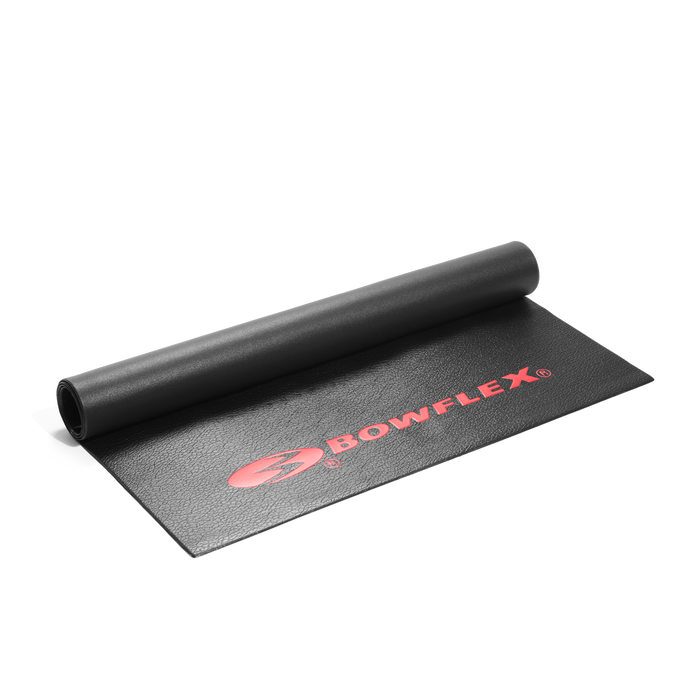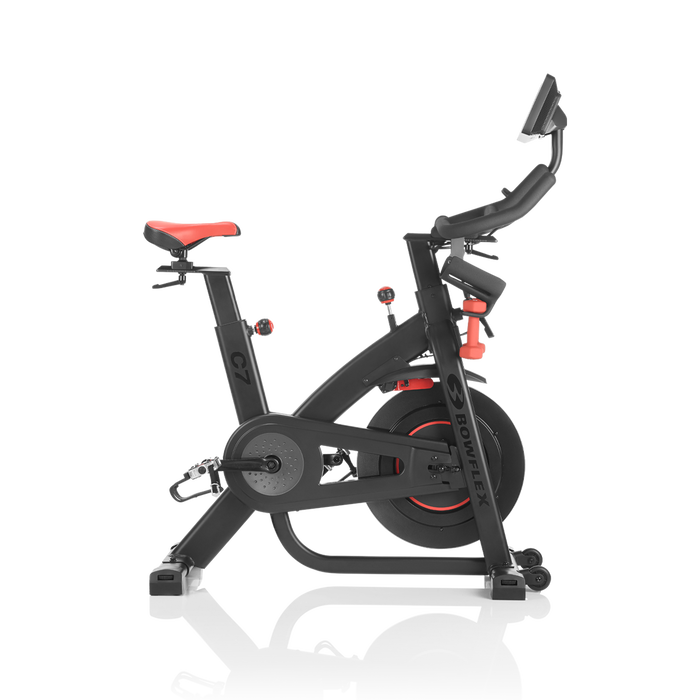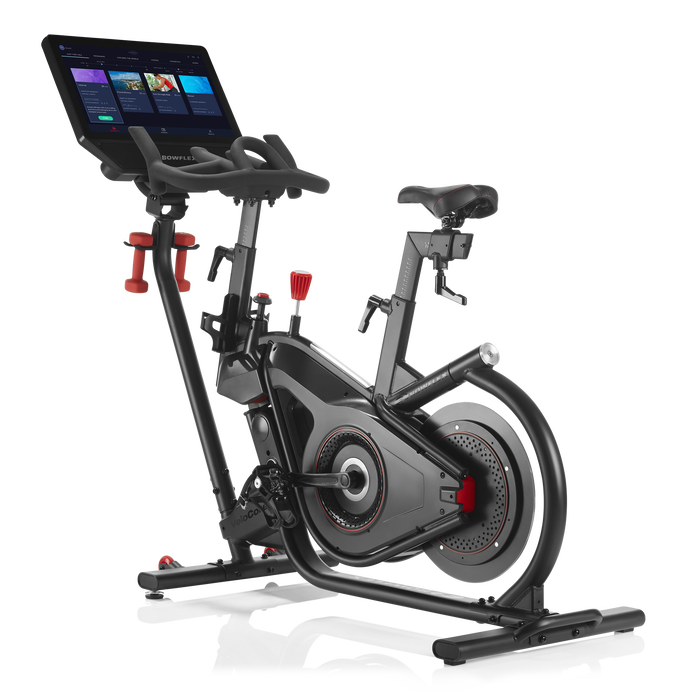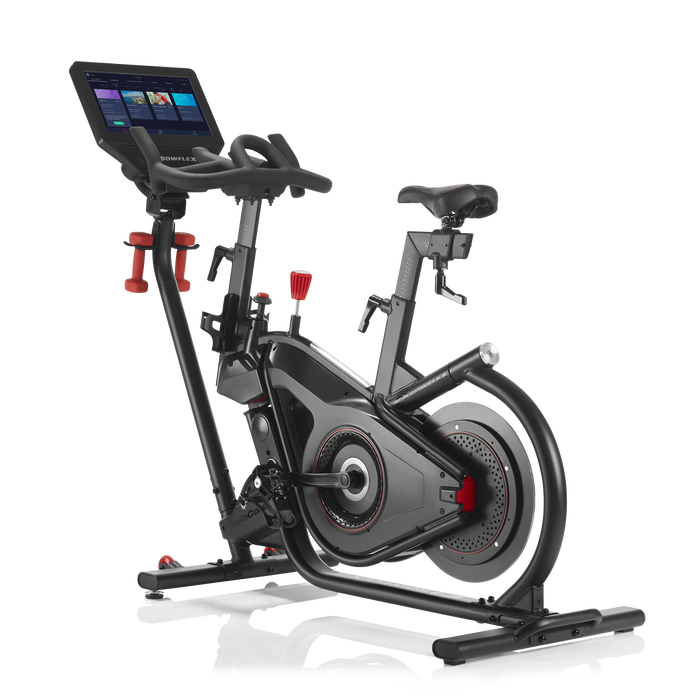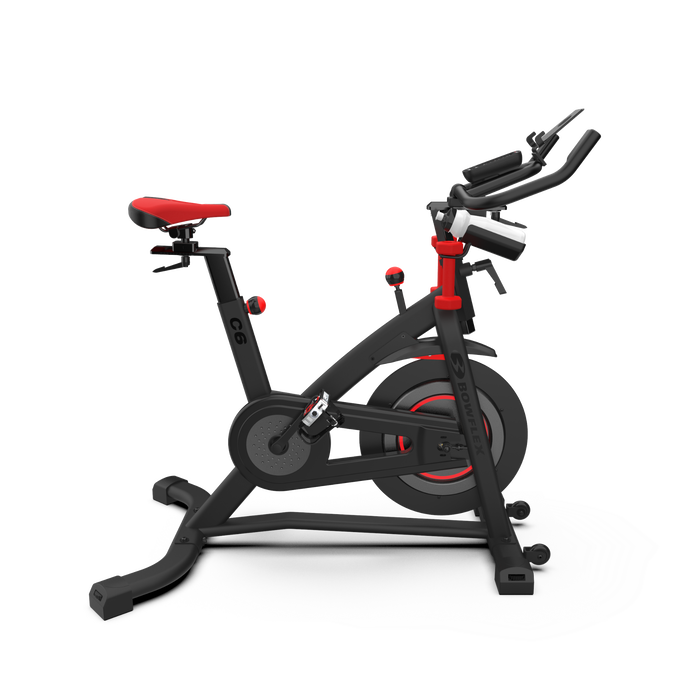Feed Your Muscles: 10 Tips for All-Out Results

Getting stronger and building muscle depends a lot on a solid strength training routine. High-quality workouts are dependent on a foundation of solid eating habits, including eating adequate carbs, a variety of protein, and pre and post-workout nutrition.
- Focus on post-workout fueling.
Aim to have a post-workout meal or snack within 30 minutes of a workout.
- Evenly distribute protein intake throughout the day.
Don't eat a carb-heavy breakfast of cereal, pancakes, or a bagel and then overload your system with a 10oz steak at dinner. Eat protein at all three meals for maximum benefits.
- For an AM workout, eat something pre-workout.
Even something as small as ½ apple and a few bites of yogurt will do the trick. Your motor can't run well on empty!
- Include fruits in immediate post-workout snack or meal.
Specifically, inflammation-fighting berries and cherries will help reduce soreness and give your muscles quick fuel for a faster recovery.
- Eat a variety of protein to get all of the amino acids.
A snapshot of this variety would look something like: quinoa, soy, pea protein, eggs, beef, chicken, fish, dairy products, and protein shakes.
- Don't overlook the importance of carbs to building muscle and strength.
Carbs are the body's favorite source of energy. Without ample carbs, your body will tap into muscle for energy which will make strength and muscle gains nearly impossible. Protect your muscles by feeding your body adequate carbs.
- Aim for 25-35g of protein per feeding.
Your body can only use about this amount of protein in one sitting. You'll be able to use more or less based on your weight, height, and muscle mass, so stick with 25-35g as a general guideline.
- Invest in your diet.
Use supplements and powders sparingly. Only use protein powders or supplements if you don't have time to fuel your diet with whole foods. High-quality protein powders and supplements can fill the food gap, but shouldn't become your diet.
- Days off: Nutrition and hydration are just as important.
Your body is still recovering and muscles are rebuilding on your days off, which means they still need optimal nutrition and hydration. It's just as important to follow your nutrition plan and maintain optimal hydration on your days off as it is on your workout days.
- Stay hydrated.
Even becoming slightly dehydrated can significantly decrease performance and ability to have an optimal workout. Unless you sweat profusely or have a physical outdoor job, water should be sufficient to stay hydrated rather than sports drinks. 4-8, 8oz glasses is a good amount to maintain proper hydration.

